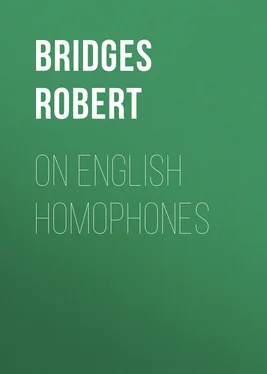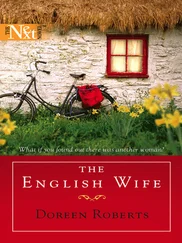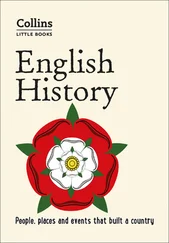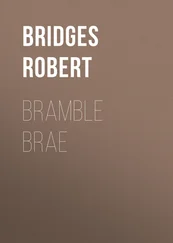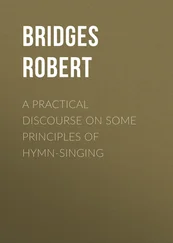Конец ознакомительного фрагмента.
Текст предоставлен ООО «ЛитРес».
Прочитайте эту книгу целиком, купив полную легальную версию на ЛитРес.
Безопасно оплатить книгу можно банковской картой Visa, MasterCard, Maestro, со счета мобильного телефона, с платежного терминала, в салоне МТС или Связной, через PayPal, WebMoney, Яндекс.Деньги, QIWI Кошелек, бонусными картами или другим удобным Вам способом.
Homophone is a Greek word meaning 'same-sounding', and before using the relative word in this double way I have preferred to make what may seem a needless explanation. It is convenient, for instance, to say that son and heir are both homophones, meaning that each belongs to that particular class of words which without context are of ambiguous signification: and it is convenient also to say that son and sun and heir and air are homophones without explaining that it is meant that they are mutually homophonous, which is evident. A physician congratulating a friend on the birth of his first-born might say, 'Now that you have a son and heir, see that he gets enough sun and air'.
Such words have no technical class-name; they are merely extreme examples of the ambiguity common to most words, which grows up naturally from divergence of meaning. True homophones are separate words which have, or have acquired, an illogical fortuitous identity.
It is probable that in Tyndal's time the awkwardness was not so glaring: for 'beam' as a ray of light seems to have developed its connexion with the eye since his date, in spite of his proverbial use of it in the other sense.
In Skeat's Etymological Dictionary there is a list of homonyms , that is words which are ambiguous to the eye by similar spellings, as homophones are to the ear by similar sounds: and that list, which includes obsolete words, has 1,600 items. 1,600 is the number of homophones which our list would show if they were all only doublets.
The following words in List 1 involve wr > w , write, wrach, wrap, wring, wrung, wreck, wrest, wreak, wrick.
Other similar words occurring in other sections are—awe, awl, ought, bawd, fought, gaud, gauze, haw, caw, cause, caught, lawn, paw, saw, sauce, sought, taut, caulk, stalk, alms, balm;—their correspondents being, oar, orle, ort ( obs. ), board, fort, gored, gores, hoar, core, cores, court, lorn, pore, sore, source, sort, tort, cork, stork, arms, barm.
Other similar proper names of species, &c., which occur in some one of the other sections of the list: ant, bat, bear, bee, beet, beetle, beech, box, breeze, date, dock, daw, duck, deer, elder, erne, fir, flea, flag, fluke, hare, horse, hawk, hop, caper, carrot, couch, cricket, currant, leech, lichen, mace, maize, mint, mole, pear, peach, pink, pie, pine, plum, plane, pulse, rabbit, rye, rush, rape, rail, reed, roe, roc, rue, sage, seal, sloe, sole, spruce, stork, thyme, char, whale, whin, yew. Also cockle.
